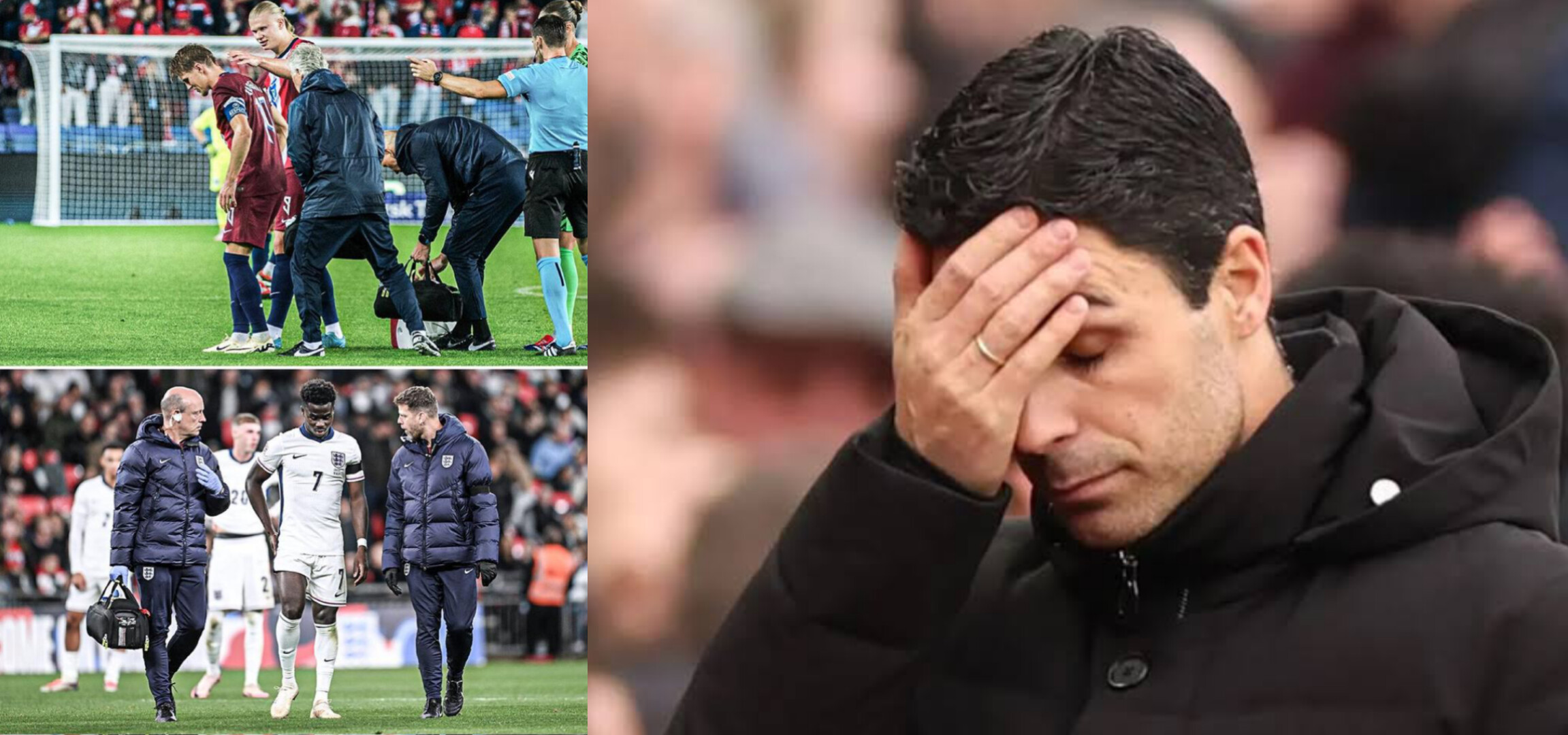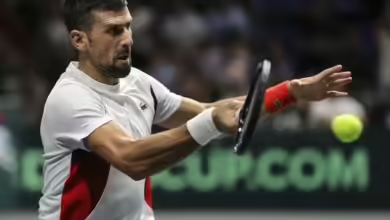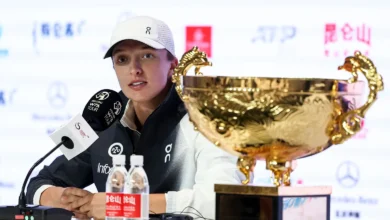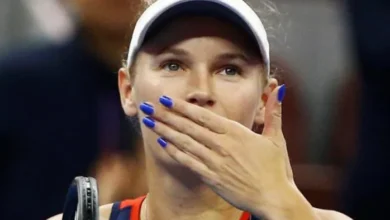Ceared but Controversial: Why Jannik Sinner is allowed to play in the US Open Final Despite a Failed Drug Test…
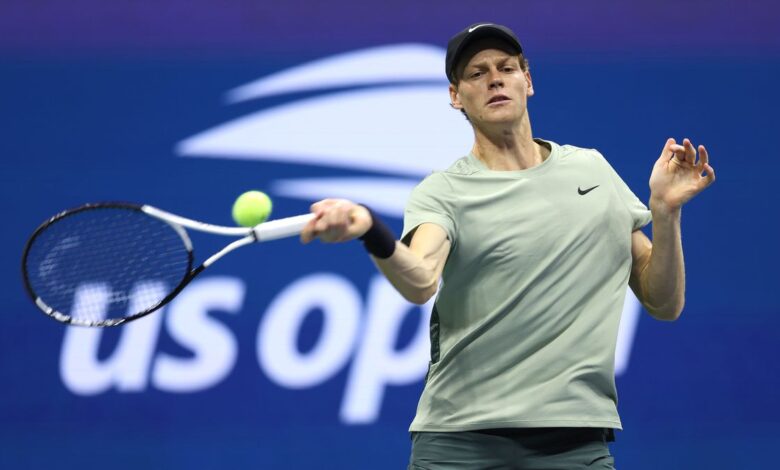
Jannik Sinner’s participation in the US Open final has sparked widespread debate, not just for his incredible performance on the court but also due to a lingering controversy surrounding a failed drug test earlier this year. The young Italian tennis star, who has been making waves on the ATP Tour, found himself at the center of a doping scandal after testing positive for clostebol, a banned substance under the World Anti-Doping Agency (WADA) regulations. Despite this setback, Sinner was allowed to compete in the US Open, eventually winning the title in a dramatic and highly watched final, leaving many to question why he was permitted to play despite the failed test.
The controversy dates back to a test conducted several months ago when Sinner tested positive for clostebol, an anabolic steroid known for its performance-enhancing effects. Following the positive result, Sinner faced scrutiny from the tennis community and the public, with many questioning his integrity and commitment to fair play. However, Sinner and his team maintained that the substance had entered his system accidentally, possibly through a contaminated product. This defense led to an investigation by an independent court, which ultimately cleared him of any intentional wrongdoing.
The court’s ruling was based on the evidence that supported Sinner’s claim of accidental ingestion. It was determined that the amount of clostebol found in his system was consistent with inadvertent exposure, and there was no indication that he had intentionally used the substance to enhance his performance. As a result, the court exonerated Sinner, allowing him to continue competing without facing a suspension or ban from the sport. This decision, however, did not sit well with everyone, as some critics argue that any presence of a banned substance should automatically disqualify an athlete from competition, regardless of intent.
The ruling allowed Sinner to not only participate in the US Open but also to compete with a clear slate, free of any immediate sanctions. His performance throughout the tournament was nothing short of remarkable, as he navigated through a series of tough matches to reach the final. His victory in the final match showcased his exceptional skills, resilience, and composure under pressure, solidifying his status as one of the brightest young talents in tennis. However, the shadow of the earlier drug test failure loomed over his triumph, sparking discussions about the fairness and transparency of the anti-doping processes in professional sports.
Critics of the decision argue that allowing Sinner to compete sets a dangerous precedent, potentially undermining the integrity of the sport. They contend that the rules should be applied strictly, with no exceptions for accidental ingestion, to preserve the principle of a level playing field. On the other hand, supporters of Sinner’s case point out that the court’s decision was based on a thorough examination of the evidence, and that punishing an athlete for an unintentional mistake would be unjust. They also emphasize that Sinner has consistently expressed his commitment to clean sport and has been fully cooperative throughout the investigation.
For Sinner, the US Open victory is a career-defining moment, but it comes with the challenge of managing the fallout from the controversy. While he has been cleared of any intentional doping, the public discourse around the incident highlights the complexities athletes face when navigating anti-doping regulations. The case underscores the need for clear communication and education about banned substances, as well as the importance of athletes being vigilant about what they consume.
Moving forward, Sinner’s focus will likely be on continuing to build his career and proving that his success is a result of hard work, talent, and dedication to the sport. The US Open title is a testament to his abilities and potential, but the doping controversy serves as a reminder of the scrutiny and challenges that come with being in the public eye. As Sinner celebrates his win, the tennis world will continue to watch closely, not just his performance on the court, but also how he handles the ongoing conversations about fairness and integrity in professional sports.
